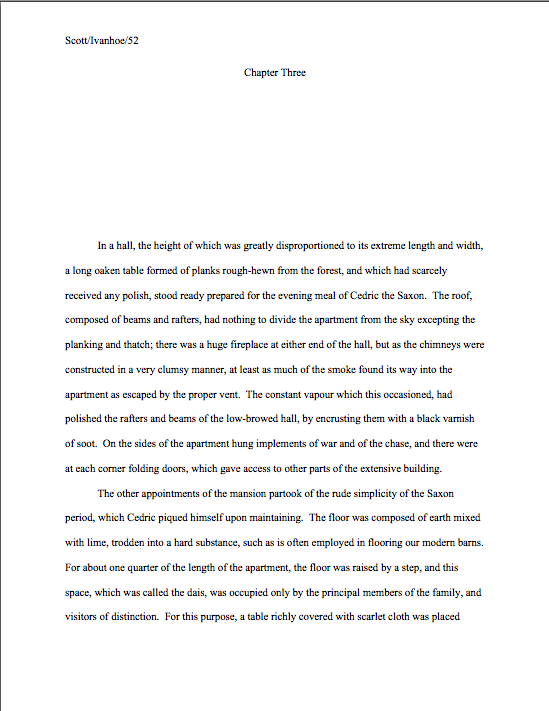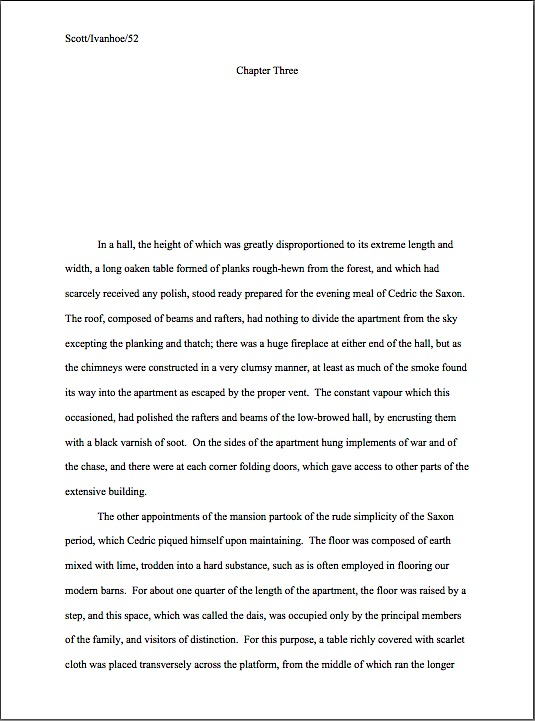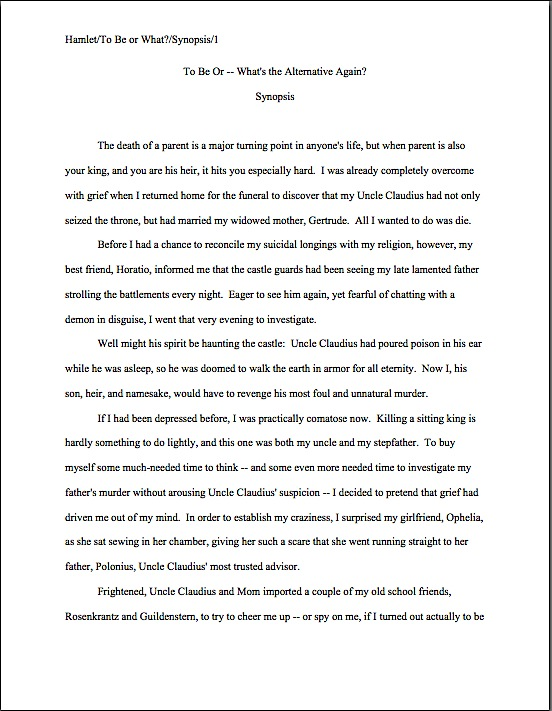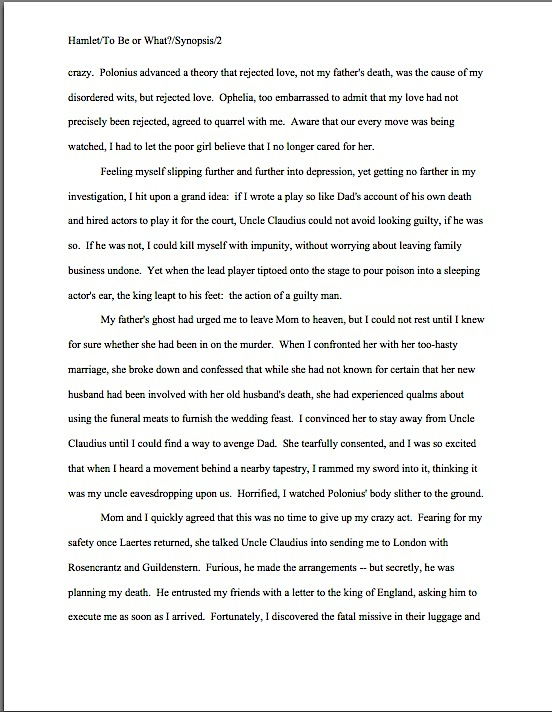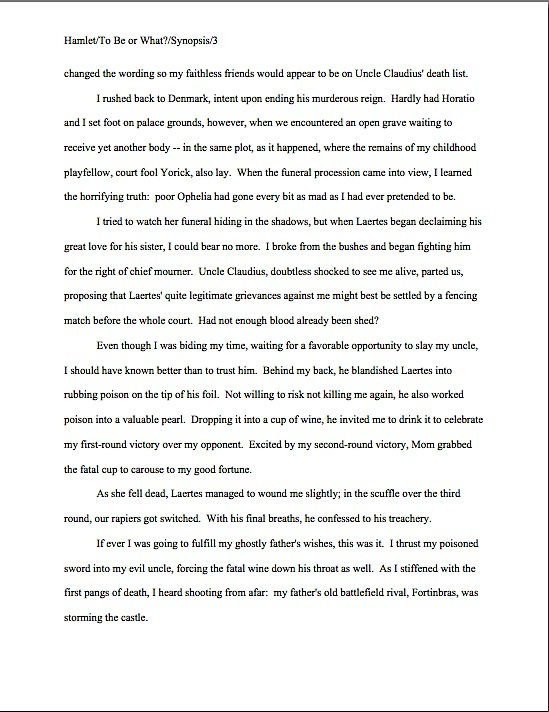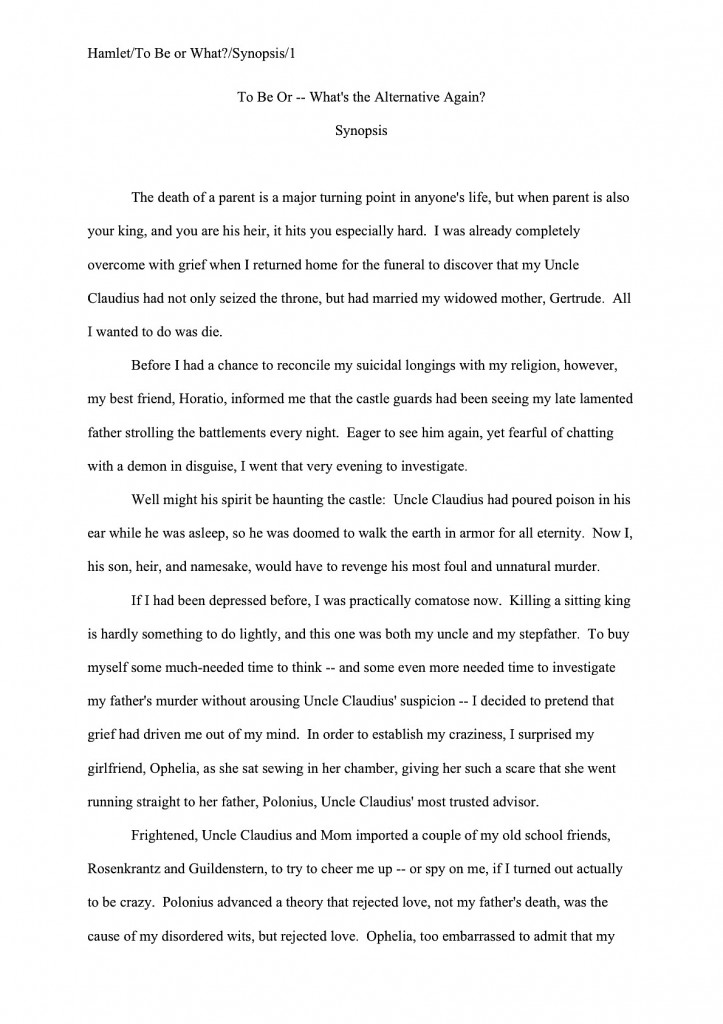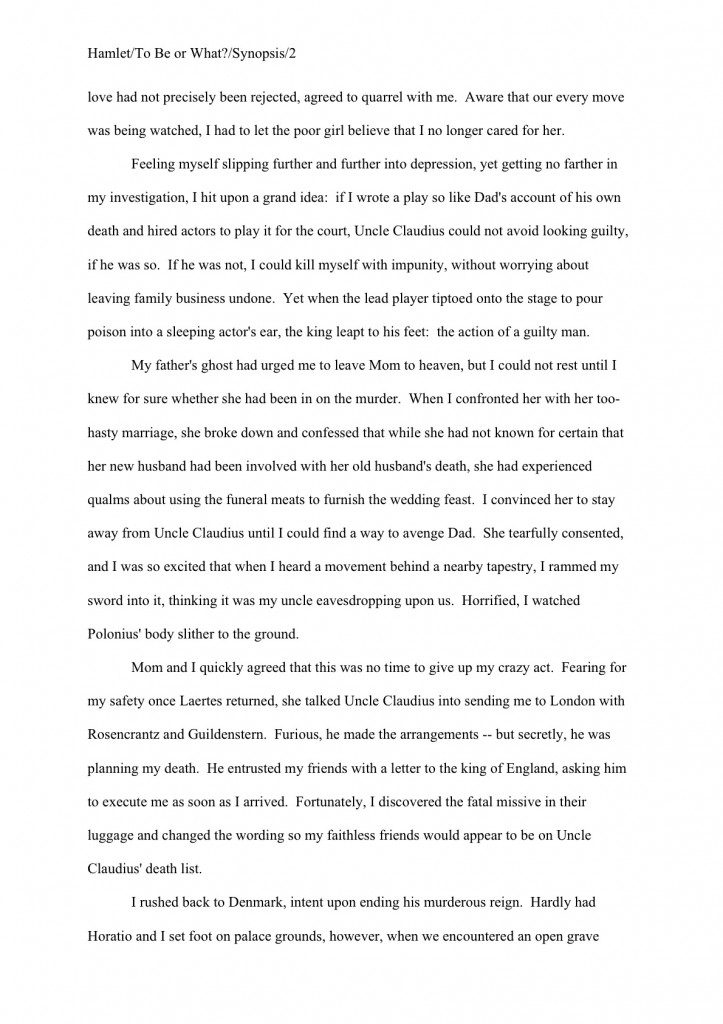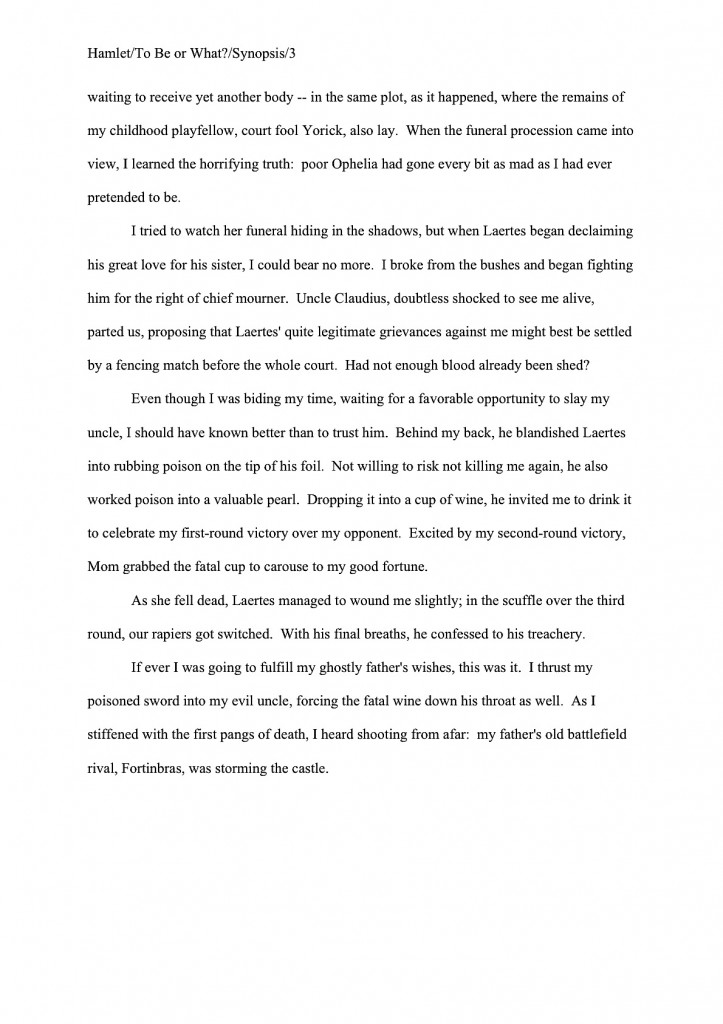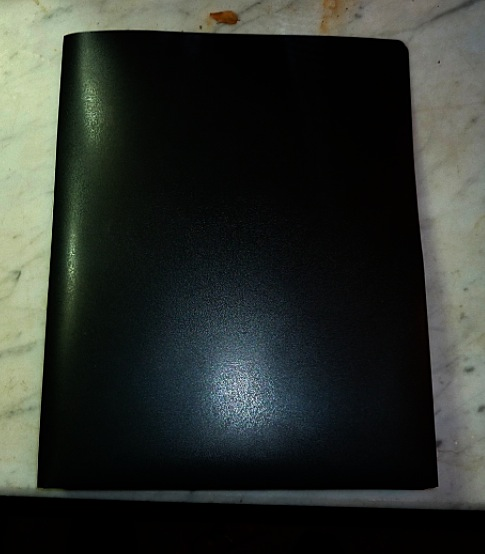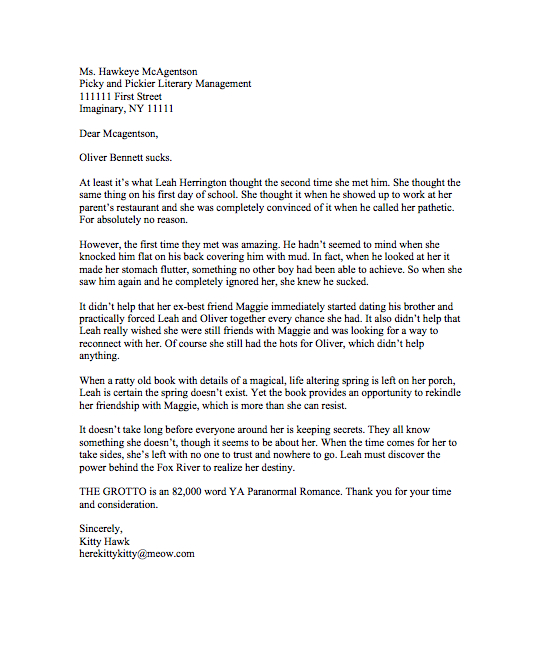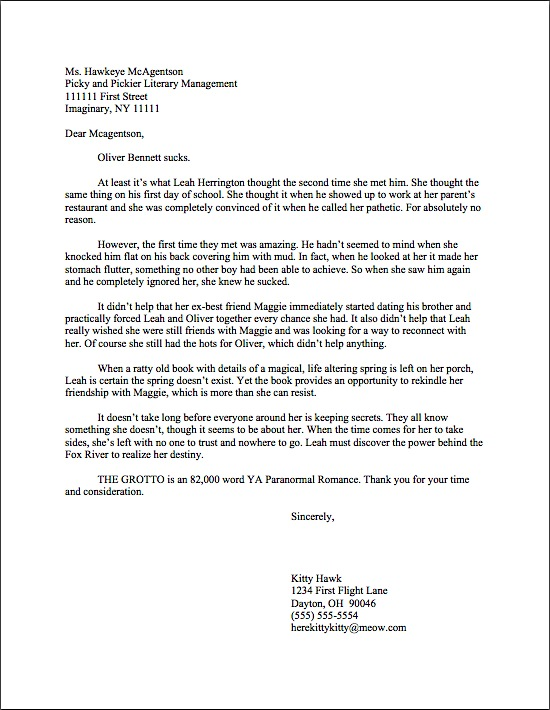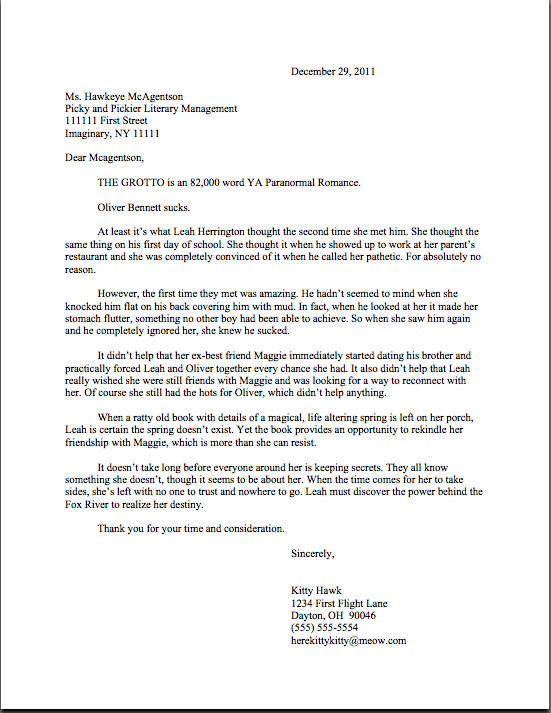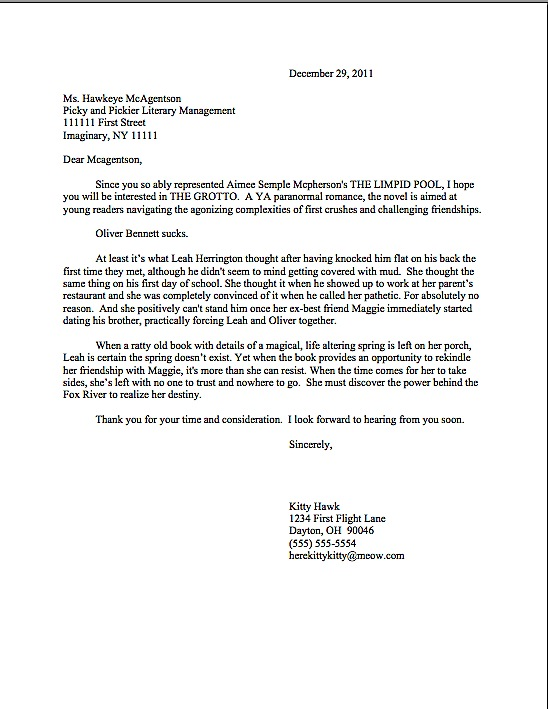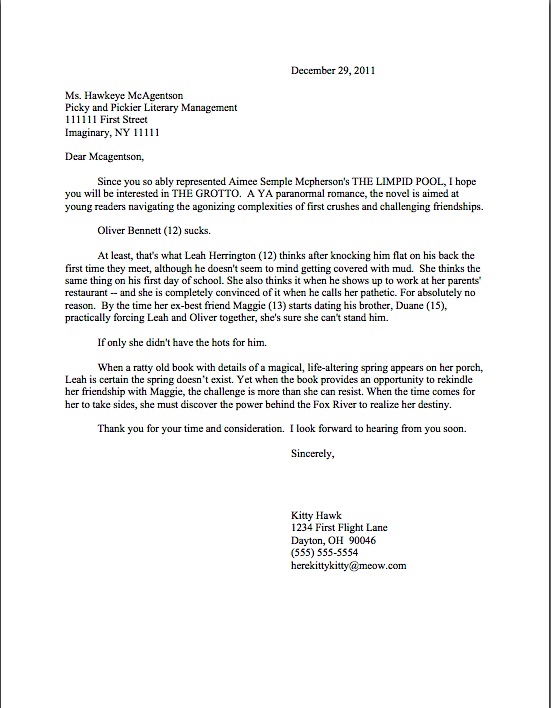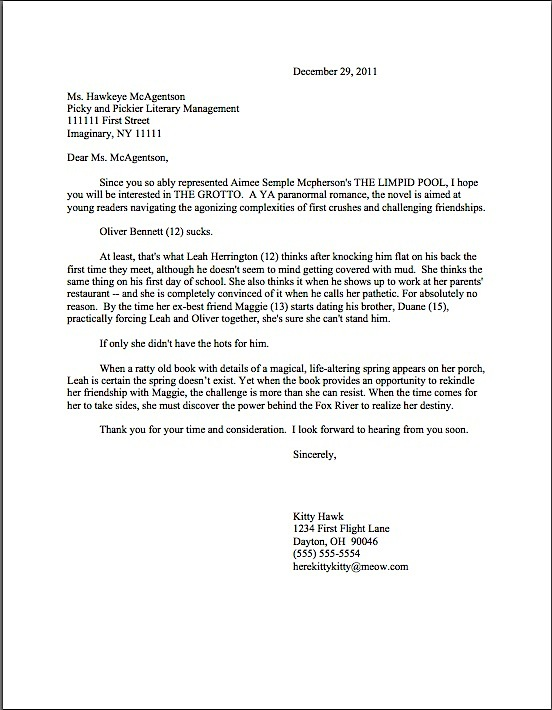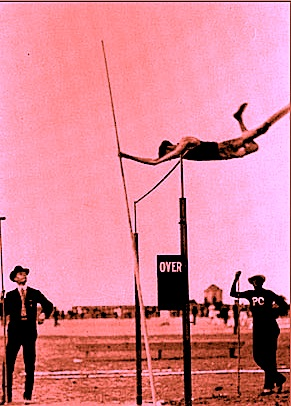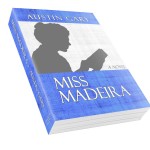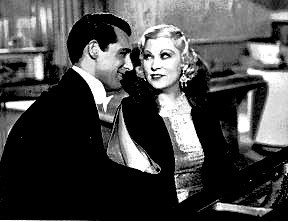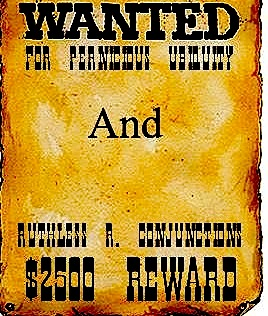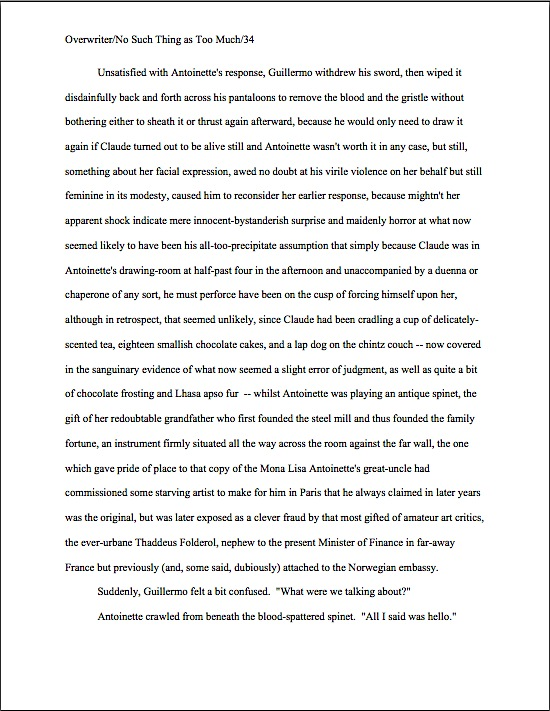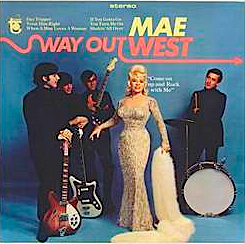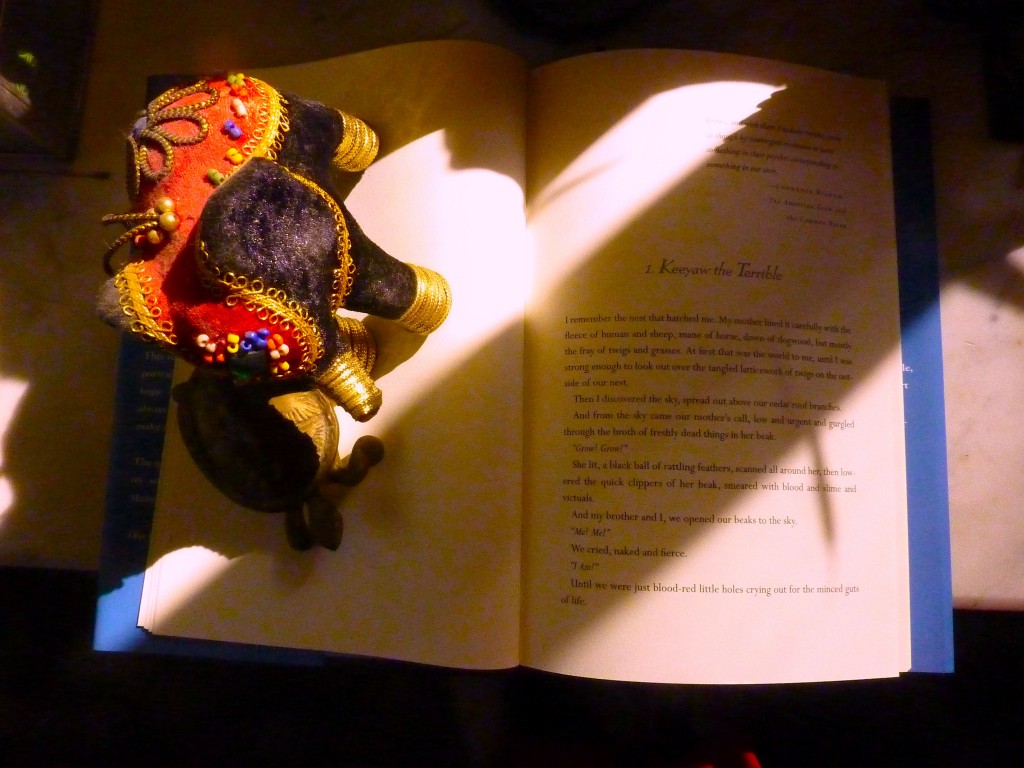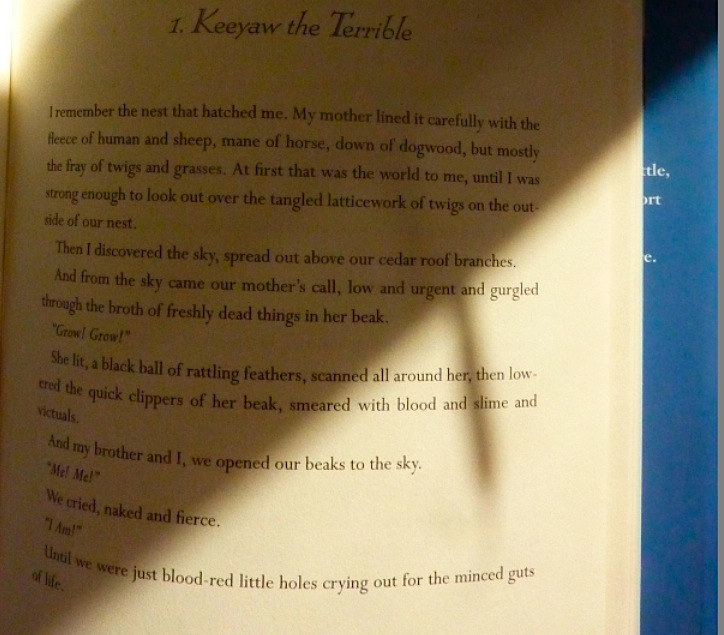
Please join me in a moment of silence, campers. Today, I received one of the saddest pieces of news a person can hear from a writer friend: an extremely talented author of my acquaintance reported that her hard disk had crashed, doubtless from overwork. Not a syllable could be salvaged.
In response to those of you who just gasped audibly: yes, she was almost finished writing her next novel. She had circulated only the first four chapters to her critique group, so physical copies of that much still exist. Beyond that, however…
On a not entirely unrelated note, when was the last time you backed up your writing files? Is it recently enough that you could reconstitute your most recent revisions or new text from your unassisted memory?
If the answer to that second question is no, feel free to stop reading right now and make a back-up. At minimum, e-mail them to yourself, for heaven’s sake. I’m perfectly happy to wait, if it means that we can all sleep better tonight, confident that hours, days, weeks, and/or months of your writing time won’t just vanish in the proverbial puff of smoke.
Or ozone, as the case may be. As undoubtedly conducive to creative expression as computers are, the permanence of the results can be illusory. At times like this, I occasionally find myself longing for my father’s good old Olivetti typewriter, or even a simple Edwardian writing desk, like the one above. (Note, please, the requisite photo of a loved one and apparently equally requisite liquor tray.)
True, one had to hit the Olivetti’s keys so hard that when my parents first plopped me down in front of it at age ten to compose the term paper that everyone else in my class was writing by hand, I couldn’t actually force the q, z, p, or ? keys to hit the ribbon with sufficient force to create any impression upon paper. It took me so many hours to write the definitive history paper on the Bonus March that my mother seized the opportunity first to sketch my profile — she had never managed to convince me to sit still long enough before — then to sculpt my head in clay. Considering that my parents insisted that I write it in standard format for book manuscripts, I should probably count myself lucky that she didn’t also have time to cast the sculpture in bronze.
Yes, it was a touch on the tedious side to be forced to retype an entire page in order to rework a single sentence. On the bright side, though, to lose a year’s worth of one’s writing, an author actually had to misplace it physically.
(Were you distracted from the pithiness of that last bon mot by a mental image of a 5th grader using two hands to wrestle the z key into submission? That memory haunts me, too. My mother, however, asks me to inform you that she had faithfully typed my newspaper articles prior to that term paper, and that a little pro of my caliber shouldn’t have graduated from elementary school without learning to touch-type, anyway. And to be fair, she didn’t actually make me try it blindfolded until after I’d turned in the paper.)
Writing on a computer boasts at least one monumental advantage over the all hard copy, all the time method, however: it’s possible, and indeed easy, to check whether that wry observation that just occurred to you also struck you as the last word in style back when you were composing Chapter 3. And Chapter 7. And possibly Chapter 16.
Oh, you hadn’t noticed that you had repeated yourself? Trust me, Millicent the agency screener will.
Since aspiring writers so seldom catch their own phrasing reuse, I’m going to spend the next couple of days talking about that ever-popular birthmark of Frankenstein manuscripts everywhere, the sentence — or paragraph, or footnote, or scene — that turns up more than once in a manuscript. Or more than once in a chapter. Or — are you sitting down? — more than once in a page.
Already, I sense some of you rolling your eyes. “Yeah, right, Anne,” writers of 384-page texts huff, “I’m so uncreative, so myopic, so prone to writing only one paragraph per session that I would repeat entire sentences within just a few pages, yet Millicent remembers phrasing so well that she will catch me if I recycle a description from page 73 on page 312.”
Actually, she might — and I hate to be the one to break it to you, but otherwise quite good manuscripts reuse pet phrases all the time. You’ve probably noticed the tendency in the later works of well-established authors, in fact; as television comedy has led us all to expect, revisiting the same premises, jokes, and yes, even descriptions can elicit chortles of delighted recognition from an audience already familiar with one’s work. Heck, Oscar Wilde used to trot out the same laugh lines in play after play after play; he was monumentally good at branding.
For the overwhelming majority of writers, though, self-plagiarism does not constitute a promotional strategy so much as a simple lapse in memory. In the course of writing an entire book, it should perhaps not come as a surprise if the creative brain revisits a favorite turn of phrase, a trenchant observation on the human condition, of striking bit of imagery that strikes a writer as particularly, well, striking.
Hey, if it sounded good in the writer’s mind the first time, what’s to stop it from sounding good the second? Or the fourth? Or the forty-seventh?
Perfectly innocent and understandable, right? Well, perhaps not so much to our old pal Millicent — or her cousin Maury, the editorial assistant, or their aunt Mehitabel, the veteran contest judge. To someone who reads manuscripts for a living, such inadvertent redundancy can take on a more sinister aspect: to an uncharitable reader, even a single repetition of a pet phrase can smack of authorial laziness. Or as an aftereffect of that perennial bugbear, insufficient authorial re-reading.
Or, sacre bleu! a first indicator that what she holds in her ink-stained hands is a Frankenstein manuscript.
We’ve all seen Frankenstein manuscripts, right, even if we have not had the misfortune to write one? Many of us have at least a partial monster lurking in a bottom desk drawer or haunting our hard disks, books written over such a long period, in so many moods, at so many different levels of technical skill, and — come on, admit it — under the influence of so many and such varied favorite authors that it would take a small army of literary detectives years of close textual analysis to discern even an embryonic similarity between the authorial voices on pp. 10, 143, and 412.
In a first draft of a first novel, that’s virtually inevitable, right? Contrary to popular opinion amongst those who have never actually sat down in front of the ol’ Olivetti and cranked out a book, few writers are born with completely polished voices; it can take a great deal of trial and error to figure out how to sound original on the page. Then, too, it takes a good, long while to write a book, particularly the first time around: as Millicent would be the first to tell you, it’s not all that uncommon for the manuscript to betray significantly greater technical skill at its end than at its beginning. Or for the first chapter or two to read a great deal more like the end of the book than like the middle, because the writer went back and revised those opening pages after polishing off the draft.
Why is Millicent an expert on the two most common stripes of Frankenstein manuscript? Care to estimate how many first-time novelists and memoirists start querying and submitting their work practically the instant they polish off the first draft? Or the second?
Trust me, those of us who read for a living learn to catch the early warning signs. When Millicent sees a sentence, image, or observation from page 1 turn up on page 26, Frankenstein manuscript warning bells start chiming wildly in her head. From that point on, her already sharp critical sensors turn downright predatory, eager to swoop down upon more tell-tale signs that this is one of those texts whose author either kept changing his mind about the style he wished to embrace — or tone, or target audience, or book category — or just kept revising it so often that the narrative reads like a patchwork of different prose styles.
That does not mean, however, that self-plagiarism does not turn up quite frequently in non-Frankenstein manuscripts. How can an experienced reviser tell the difference? While the Frankenstein manuscript varies substantially as pages pass, the self-plagiarized text merely becomes redundant: passing scenery always described the same manner, for instance, or a clever line of dialogue repeated in Chapters 2, 5, and 24.
Nonfiction writing in general, and academic writing in particular, is notoriously prone to redundancy. So are book proposals. Again, that’s quite understandable. Once you’ve gotten into the habit of footnoting everything in the least questionable, it’s pretty easy to reuse a footnote, for instance, or to come to rely upon stock definitions instead of writing fresh ones every time.
Or, in a memoir, to tell the same anecdote more than once. As, indeed, people who like to talk about themselves tend to do in conversation. (Did I ever tell you about the time my mother wanted me to learn touch-typing as a fifth grader?)
Or, in any kind of writing, for a particular way of describing something to sound good. Many a writer simply finds a certain turn of phrase appealing and forgets that he’s used it before. Or just doesn’t notice, despite the fact that great way to catch this sort of redundancy is — wait for it — to read your manuscript IN HARD COPY, IN ITS ENTIRETY, and OUT LOUD, in as few sittings as possible.
Oh, had I suggested that excellent pre-submission strategy before? Had I in fact mentioned it about once per week throughout Queryfest? How silly of me not to notice.
You may laugh, but actually, it’s quite easy for even a fairly conscientious reviser to miss instances of self-plagiarism on the page, especially if — and most revisers do this — she is reading through the manuscript over several days or even weeks. After all, you have to be gifted with an unusually strong memory for phraseology to stop short in the middle of Chapter 15 and shout, “Hey, I’ve seen that image before, and it was on page 36, paragraph four!”
I don’t mean to frighten you (or do I?), but professional readers frequently have astonishingly accurate memories for text. Millicent might not be able to tell you precisely where she’s seen that Ch. 15 image before, but she will almost certainly have the dim impression that it has appeared earlier in the manuscript. I can positively guarantee you, though, that if the first instance of its use pops up on p. 36, and the second on p. 42, she will most assuredly spot the second as redundant.
She should: professional readers are trained for that.
For a self-editing writer, it can be harder to catch — and harder still to remember if you actually used that sentence elsewhere, or merely thought about it. As inveterate commenter and long-time FAAB (Friend of Author! Author! blog) Dave so rightly pointed out the last time we discussed this phenomenon, most good writers spend quite a bit of time mulling over any given scene in a book, not to mention revising it later on; it’s not uncommon, therefore, to have a positive welter of mental associations about the evolution of the aforementioned pp. 36 and 42. Add to that the fact that a reader’s eye will tend to pass over smoothly-written text pretty quickly, especially if it’s a scene he’s read before, and reading through one’s own manuscript by definition entails re-reading, and can we really be surprised when repeated phrasing passes unnoticed under the reviser’s gaze?
Even when the repeated phraseology or image does jump out at the rereading reviser (try saying that four times fast!), it won’t necessarily be for a negative reason. It’s not unheard-of for writers to prefer repeating bits of their own work: those turns of phrase are his favorites for a reason, presumably. They linger in his ears pleasingly when he reads them out loud; they strike him as some of his best writing on the page. If pressed, he might admit to wanting to see one of them chiseled on his gravestone.
Yes, those of you who have been jumping up and down with your hands raised for the last couple of paragraphs? “I know what this writer should do!” survivors of English 101 burble excitedly. “It was for precisely this kind of writer’s benefit that Dorothy Parker started urging all of us to kill your darlings. If he loves those phrases so much, they should be the first axed, right?”
Aspiring writers and the English composition teachers who love them just love this piece of revision advice, eager burblers, but if you want to hear anyone who reads for a living choke on the coffee that’s never far from her elbow (hey, you try staying awake uncaffeinated through the fiftieth YA paranormal novel you’ve seen this week), feel free to trot out this most misunderstood piece of writing advice. We’ve too often seen the slash-and-burn effects of this canonical advice in action. Indeed, going through one’s own manuscript, relentlessly slaughtering any writing that strikes one as excellent is a pretty good prescription for creating a Frankenstein manuscript, not healing one.
And it’s not even what Aunt Dorothy was advising writers to do. She wasn’t talking about ruthlessly excising every piece of writing you like and leaving the stuff you like less, people: she was suggesting that you consider taking a critical look at even your favorite sentences and paragraphs. All too often, inexperienced self-editors will simply skip over their pet bits.
That being said, kill your darlings (selectively!) is excellent advice for habitual self-plagiarists. Perhaps a writer need not sacrifice the first of the litter, but the second through seventeenth should definitely go.
That’s especially good strategy if the phrasing repetition was deliberate in the first place. If a line was clever once, many a darling-coddling writer thinks, the reader will find it so the second time — and the fifth, and the forty-seventh. Deliberate redundancy is particularly common with humor: since situation comedies tend to rely upon repetition of catch phrases, many aspiring writers believe that the mere fact of repetition will render a line funny.
On the page, it seldom works. Sorry to be the one to break it to you sitcom lovers, but it quickly becomes tedious on the stage and screen as well.
Don’t believe me? Consider this: as those of us who live in caucus states know to our perennial (or at least quadrennial) sorrow, nowhere is the practice of self-plagiarism more prevalent than in the garden-variety political speech. Not only from speech to speech — oh, you thought your favorite candidate gave a speech only once, then threw it away? She has fourteen more campaign stops today! — but throughout a political season. Heck, as anyone who has listened closely to two consecutive State of the Union addresses can tell you, they often contain the same phrases from year to year No matter how fiercely THE WEST WING tried to promote the notion of presidential speechwriters as ultra-creative writers, if you look at speeches given by the same politician over time, chances are that you’ll find self-plagiarism of epidemic proportions.
There’s a good narrative reason for that, of course: the repetition of an idea makes it memorable. The ideas — and usually even the actual phrases — of the beginning of a political speech invariably recur throughout, to drive the point home.
Doubt that? Okay, answer this: do you think people would remember that the Rev. Dr. Martin Luther King, Jr. had a dream if he had said it only once in his famous March on Washington speech?
On paper, phrase repetition is often problematic, but in and of itself, repetition does not necessarily equal self-plagiarism. On paper, repetition can seem very cool to the writer, as a means of creating a galloping rhythm. On paper, phrase repetition can be used for emphasis (as I have just done in this very paragraph, much to Millicent’s chagrin).
We all know how phrase repetition can create a sense of momentum in writing, don’t we? Take, for instance, the ending of the St. Crispin’s Day speech from HENRY V:
If we are mark’d to die, we are enow
To do our country loss; and if to live,
The fewer men, the greater share of honour.
God’s will! I pray thee, wish not one man more.
By Jove, I am not covetous for gold,
Nor care I who doth feed upon my cost;
It yearns me not if men my garments wear;
Such outward things dwell not in my desires.
But if it be a sin to covet honour,
I am the most offending soul alive.
No, faith, my coz, wish not a man from England.
God’s peace! I would not lose so great an honour
As one man more methinks would share from me
For the best hope I have. O, do not wish one more!
Rather proclaim it, Westmoreland, through my host,
That he which hath no stomach to this fight,
Let him depart; his passport shall be made,
And crowns for convoy put into his purse;
We would not die in that man’s company
That fears his fellowship to die with us.
This day is call’d the feast of Crispian.
He that outlives this day, and comes safe home,
Will stand a tip-toe when this day is nam’d,
And rouse him at the name of Crispian.
He that shall live this day, and see old age,
Will yearly on the vigil feast his neighbours,
And say ‘To-morrow is Saint Crispian.’
Then will he strip his sleeve and show his scars,
And say ‘These wounds I had on Crispian’s day.’
Old men forget; yet all shall be forgot,
But he’ll remember, with advantages,
What feats he did that day. Then shall our names,
Familiar in his mouth as household words-
Harry the King, Bedford and Exeter,
Warwick and Talbot, Salisbury and Gloucester-
Be in their flowing cups freshly rememb’red.
This story shall the good man teach his son;
And Crispin Crispian shall ne’er go by,
From this day to the ending of the world,
But we in it shall be remembered-
We few, we happy few, we band of brothers;
For he to-day that sheds his blood with me
Shall be my brother; be he ne’er so vile,
This day shall gentle his condition;
And gentlemen in England now-a-bed
Shall think themselves accurs’d they were not here,
And hold their manhoods cheap whiles any speaks
That fought with us upon Saint Crispin’s day.
Now that’s a political speech, caucus-goers: great spoken out loud, but Millicent-enragingly repetitious in print.
Did that last observation catch you by surprise? Yes, this particular speech happened to fall from an exceedingly talented pen, but unfortunately, a lot of poor writers favor this rhythmic device, too. Because it is ubiquitous, it tends to be a rather risky trick to try to pull off in a short piece, such as a synopsis, or in the first few pages of a manuscript submitted for a contest or as part of a query packet.
Please tell me that you aren’t even considering repetitive phrasing in your query. Or that the first line of your synopsis is the first line of your novel. Please. Please. Please?
Why is it dangerous? Well, to professional eyes, trained to search for the repetition of a single verb within a paragraph as evidence of boring writing, we few, we happy few will not necessarily jump off the page for the beauty of its rhythm. In an ultra-quick reading (as virtually all professional readings are, lest we forget), it may be mistaken for an incomplete edit: you meant to change we few to we happy few,” but you forgot to delete the words you did not want, Bill.
A pop quiz to see if you’ve been paying attention: why would a savvy submitter not want to convey the impression of an incomplete editing job? That’s right: because that’s the birthmark of the dreaded Frankenstein manuscript, the fish that Millicent is only too happy to throw back into the sea.
Remember, too, that it may not take many instances of repetition for Millicent to draw this conclusion. The writer may not realize that she has reused a particularly spectacular image from Ch. 1 in Ch. 3, but believe me, if there is repetition, professional readers will catch it.
And no, I don’t care how many times I have to repeat that point. It’s vital for your happiness as a writer to understand that the pros are trained to catch redundancy. Editors in particular are notorious for remembering entire pages verbatim.
It’s a specialized brain function, sharpened by use. When I was teaching at the University of Washington, I was known for noticing when term papers resubmitted in subsequent quarters, even though I read literally hundreds of papers per term. I would even frequently remember who wrote the original. As you may well imagine, I quickly acquired a reputation amongst the fraternities and sororities who kept files of A term papers for their members to, ahem, borrow.
Which is why, in case those of you who have had the good fortune/petrifying experience of receiving professional feedback, paraphrasing what you’ve said earlier in the manuscript tends to be significantly less frowned-upon in editorial circles than outright literal repetition. While very similar passages may earn you an ill-humored rebuke from Millicent, Maury, or Mehitabel, generalized repetition usually will not knock you out of consideration if the recurring bits occur far apart, such as at the beginning and end of a book.
In a shorter piece, however — such as, say, those first 50 pages of your novel that nice agent asked you to send for consideration, or the 15 pages plus synopsis — it certainly can cost you. Repetition sticks in the professional reader’s craw, nagging at her psyche like a pebble in a shoe. It’s in your best interest to do it as little as possible.
“Now wait a minute,” I hear some of you out there grumbling. “You told us just a few minutes ago that Oscar Wilde repeated the same quips in one play after another. It became his trademark, in fact. So why should I be punished for using a single particularly sterling line 150 pages apart in my novel?”
You have a point, of course, grumblers. The next time you trot out this argument, you might bolster it by mentioning that Aaron Sorkin reused not only lines and speeches from SPORTS NIGHTin THE WEST WING, but entire plot lines and basic characters.
Tell you what: after you make it big, I give you permission to establish a trademark phrase and use it as often as you like. Until you do — as I sincerely hope you will — all I can do is tell you that phrasing repetition tends to annoy agents, editors, and contest judges.
Seriously, I will repeat it all night. Don’t tempt me.
“But Anne,” I hear the well-read among you protest, and with good reason, “many of the classic novelists I studied in my English 101 class used phrasing repetition to create invocatory rhythms. They also repeated dialogue, because, as you like to point out early and often, real-life dialogue is hugely redundant. If it’s good enough for those long-ago greats, why isn’t it good enough for me — or for Millicent?”
One reason leaps to mind: you’re not writing on a typewriter, are you? You’re probably composing your book in a word processing program. Not only can you spell- and grammar-check with an ease that would have made the late, great Ms. Parker gasp with envy — with the touch of a button or two, you can search your own writing to see if you have used a phrase before.
You think Millicent is unaware of that capacity?
You are perfectly right, though, close readers: all writers of book-length works have repeated themselves at one time or another. If a simile struck us as the height of cleverness last week, chances are good that we will like it next week as well. Each time we use it, it may seem fresh to us. These little forays into self-indulgence are so common, in fact, that literary critics have a name for them: tropes.
F. Scott Fitzgerald was a notorious troper in his short stories. My least favorite: a thwarted heroine’s sobbing out (usually with her face hidden by her smartly-bobbed hair), “I’m so beautiful – why can’t I be happy?” immediately before she does something self-immolatingly stupid to remove herself from the possibility of marrying the story’s protagonist occurs at least four times throughout his collected works.
It may well pop up more; I merely stopped counting after four. That was, not entirely coincidentally, when I threw the book across the room.
Why Uncle Scott found that particular line so very attractive in a pretty woman’s mouth remains a mystery eternal — it’s hard to believe he ever actually heard a sane female utter it, even in jest. But he did, evidently, and now it’s stuck to his name for all eternity.
Learn from his unhappy fate, I beg of you: no matter how marvelous a line of text is, use it only once.
This will require careful reading to enforce. Your garden-variety self-plagiarism is less obvious to the untrained eye than ol’ Scott’s outright dialogue reuse. Spread out over an entire text — or, as it often appears in the case of successful authors of series, once per book — it may be fairly innocuous, the kind of thing that might only bug someone who read manuscripts for a living.
Like, say, Millicent or yours truly. Do not underestimate, for your own sake, our memories. Unbound manuscripts do not typically survive intact being flung across the room.
E.F. Benson, author of two delightful series, the Lucia books and the Dodo books, was evidently extraordinarily fond of using Arctic analogies for one person suddenly grown cold to another. To gather but a small nosegay of examples:
“It was as if an iceberg had spoken,”
“It was as if the North Pole had spoken,”
“icebergs passing in the North Sea” must speak to one another as two characters had, and
“Mapp turned to ice.”
See the problem? As a Benson enthusiast, I was able to come up with four of them without even pulling any of his books off the shelf These repetitions, deliberate or not, stick with the reader, just as surely as repeated phrases stick with the audience of a political speech.
That doesn’t mean it is a bad analogy, of course, if not a startlingly original one. Like any other literary device, however, time it’s used, it becomes less effective.
Yet again, we see an awfully good reason to read your entire book (or requested chapters, or contest submission) out loud before you submit it — and not just as a cursory mumble-through, either. Believe it or not, just as dialogue that seemed fine on the page can suddenly seem stilted when spoken aloud, phrases, sentences, and images that your eye might not catch as repetitious are often quite obvious to the ear.
Another good reason to read aloud: to make sure that each of your major characters speaks in a different cadence. It’s substantially easier for the reader to follow who is speaking when that way.
Don’t stand there and tell me that all of Aaron Sorkin’s and David Mamet’s characters speak in identical cadences, as though they all shared one vast collective mind. To my sensitive antennae, nothing is more potentially migraine-inducing than an evening of the percussive prose of Mamet. (Unless it’s a chamber concert of Stephen Sondheim’s greatest hits.)
As if the prospect of annoying your humble correspondent were not sufficient incentive to eschew identical dialogue patterns for every character, remember what I said back in Queryfest about the dangers of those new to the biz assuming that what the already-established have done, they may get away with as well?
Uh-huh. In a first manuscript, it would be considered poor craft to have every character in the book sound the same. Not to mention poor character development. While I’m on the subject, keep an ear out in your read-through for lines of dialogue that cannot be said aloud in a single breath without passing out — they tend to pull professional readers out of the story.
Why, you shout breathlessly? Well, in real life, listeners tend to interrupt speakers when the latter pause for — wait for it — breath. Cramming too many syllables into an uninterrupted speech usually doesn’t ring true on the page. Allow your characters to breathe occasionally, and your dialogue will seem more realistic.
I’d give you a concrete example, but I meant to post a short blog today, and here I have gone long again. Which begs the question: I’m so beautiful — why can’t I be happy?
There, now at least one real, live human female has said it; don’t say I never did anything for you, Uncle Scott. Keep up the good work!

